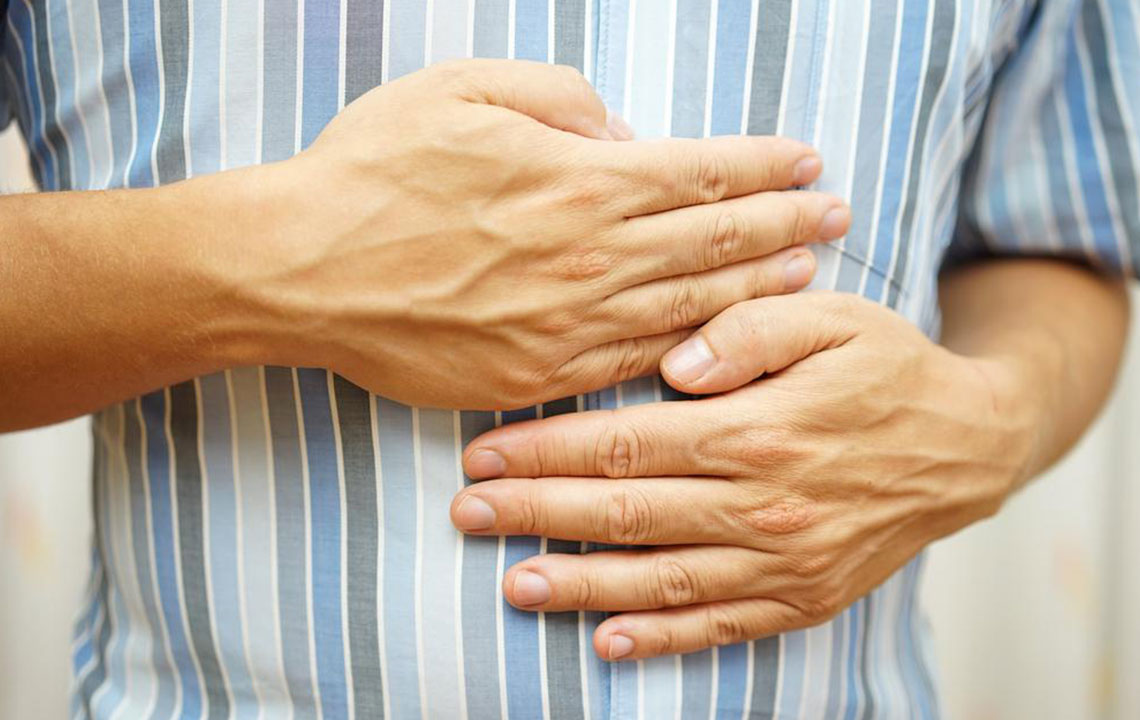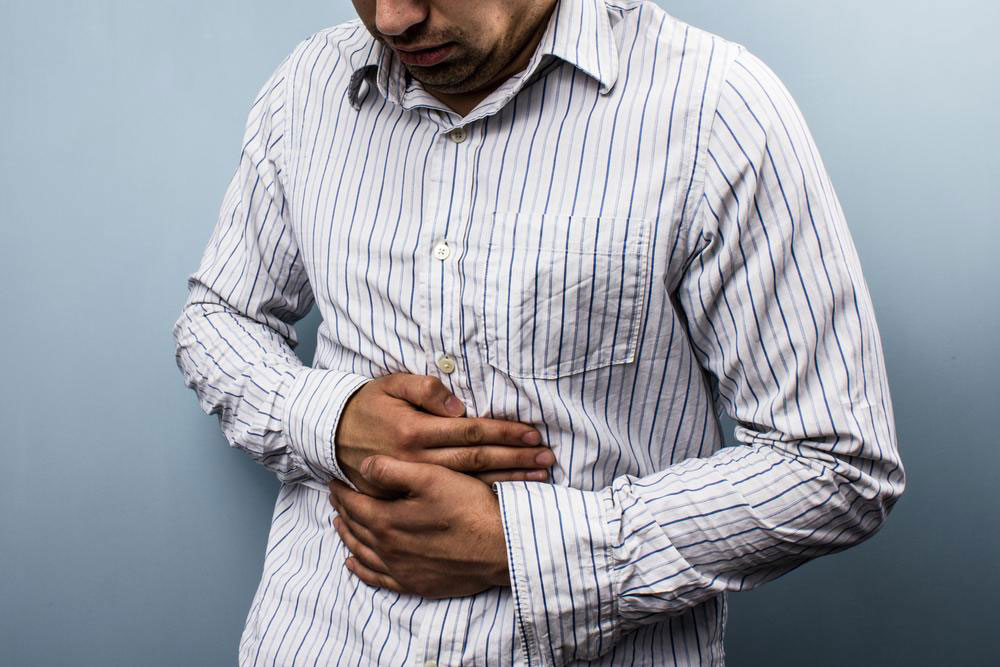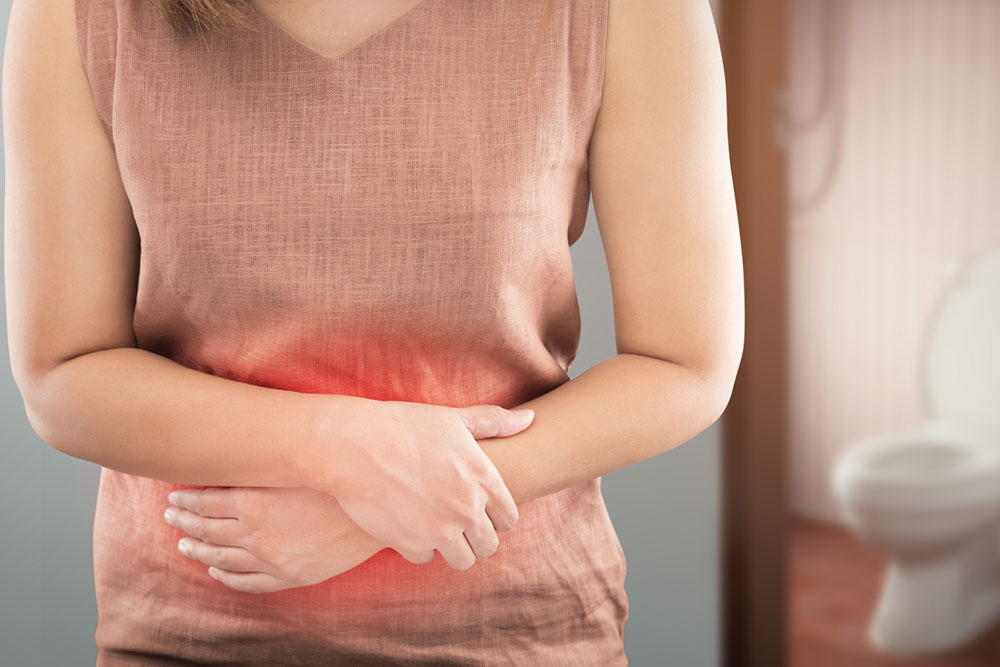Effective Natural Approaches to Managing Diarrhea Symptoms
Discover comprehensive natural strategies to manage diarrhea effectively. This guide emphasizes hydration, dietary modifications, and electrolyte replenishment to soothe symptoms and promote recovery. Learn when to seek medical attention and how to prevent complications with easy home remedies and lifestyle tips, suitable for mild to moderate cases. Empower yourself with knowledge to support gut health naturally and enhance your well-being during episodes of diarrhea.

Effective Natural Approaches to Managing Diarrhea Symptoms
Diarrhea is a common gastrointestinal condition characterized by frequent, loose, and watery bowel movements. While most cases resolve spontaneously within a week, persistent or chronic diarrhea—lasting longer than four weeks—requires careful evaluation and targeted treatment. Chronic diarrhea may be caused by digestive disorders, such as irritable bowel syndrome (IBS), inflammatory bowel disease (IBD), infections, pancreatic insufficiency, or medication side effects. Understanding the natural strategies for alleviating diarrhea can provide relief, support recovery, and improve quality of life for those affected.
One of the most critical aspects of managing diarrhea is maintaining adequate hydration. Since diarrhea leads to significant loss of fluids and electrolytes, replenishing these essentials is vital to prevent dehydration, which can be dangerous, especially in vulnerable populations like children and the elderly. Drinking plenty of water infused with a pinch of salt and a teaspoon of sugar can help restore electrolyte balance naturally. This simple rehydration solution is a traditional remedy trusted for centuries and can be easily prepared at home.
Dietary modifications play a pivotal role in managing diarrhea. During episodes, consuming gentle, easy-to-digest foods helps minimize irritation and promote gut healing. Foods such as ripe bananas, plain white rice, steamed carrots, lean cooked meats, mashed potatoes without skins, and plain unsweetened yogurt are beneficial. These foods are low in fat and fiber, reducing bowel stimulation and inflammation. Yogurt, containing probiotics, helps restore healthy gut flora, which can be disrupted during episodes of diarrhea. This, in turn, reduces bloating, cramps, and stool frequency in cases involving gut flora imbalance.
Avoiding certain foods is equally important. Dairy products like milk and sour cream can aggravate symptoms, particularly if lactose intolerance is a factor. Gas-producing vegetables and legumes, such as beans, cabbage, and broccoli, can increase bloating and discomfort. Spicy, greasy, and heavily seasoned foods should be avoided, as they can worsen inflammation and irritate the gastrointestinal lining. Instead, sticking to bland, simple foods facilitates healing and symptom relief.
Replenishing lost electrolytes is essential for patient recovery. Consuming a homemade oral rehydration solution made of water, salt, and sugar is an effective natural remedy. For added support, adults can also incorporate psyllium husk into water; it acts as a soluble fiber that absorbs excess liquids in the intestines, helping to normalize stool consistency and reduce frequency. However, individuals with underlying health conditions such as celiac disease, gluten intolerance, lactose intolerance, or small bowel disorders should tailor their diets accordingly. Avoiding foods that trigger symptoms—such as those high in fructose, sorbitol, or artificial sweeteners—is crucial for managing underlying causes.
It is important to recognize that while these natural remedies can effectively alleviate mild to moderate diarrhea, they are not substitutes for medical care in severe cases. Seek prompt medical attention if diarrhea persists beyond a few days, is accompanied by severe abdominal pain, blood in stool, high fever, signs of dehydration, or if symptoms worsen despite dietary adjustments. For persistent or recurrent diarrhea, thorough evaluation by a healthcare professional is essential to identify underlying causes and to develop appropriate treatment plans.
In summary, natural strategies such as maintaining hydration, choosing gentle foods, avoiding triggers, and replenishing electrolytes can significantly support recovery from diarrhea. Coupled with medical advice when necessary, these approaches empower individuals to manage their symptoms effectively, reduce discomfort, and promote faster healing. Emphasizing prevention and early intervention is key to minimizing complications and improving overall gastrointestinal health.





